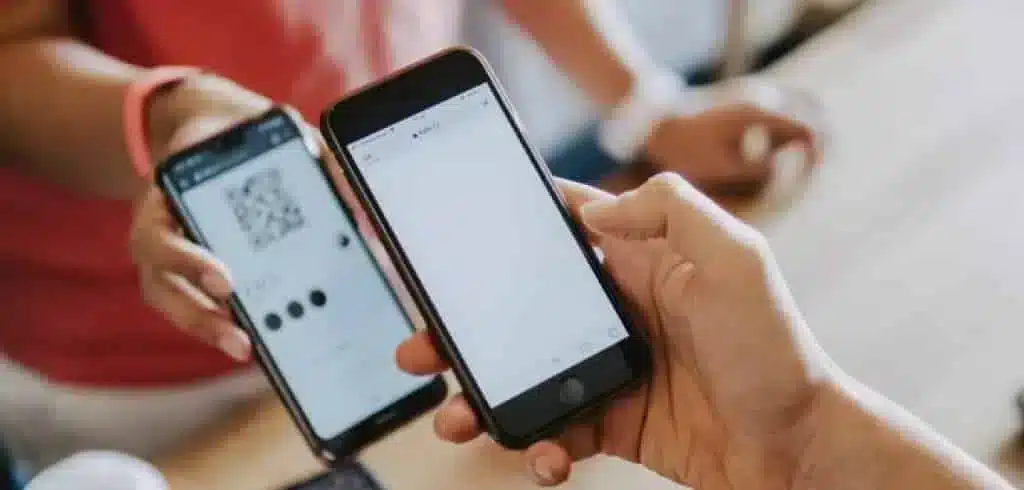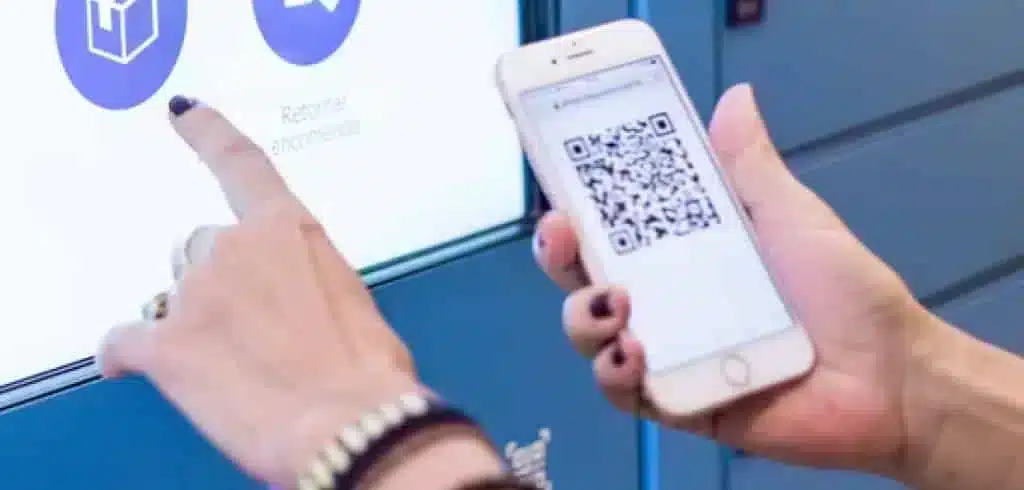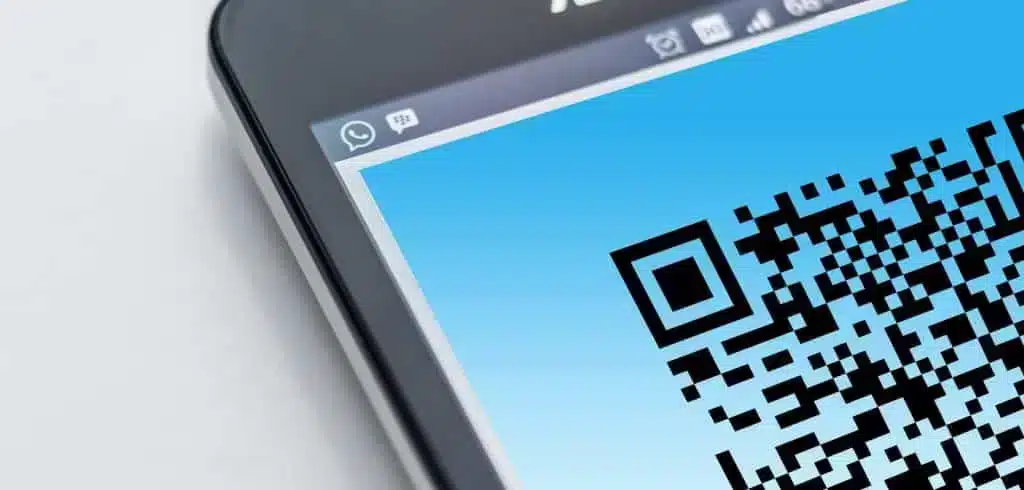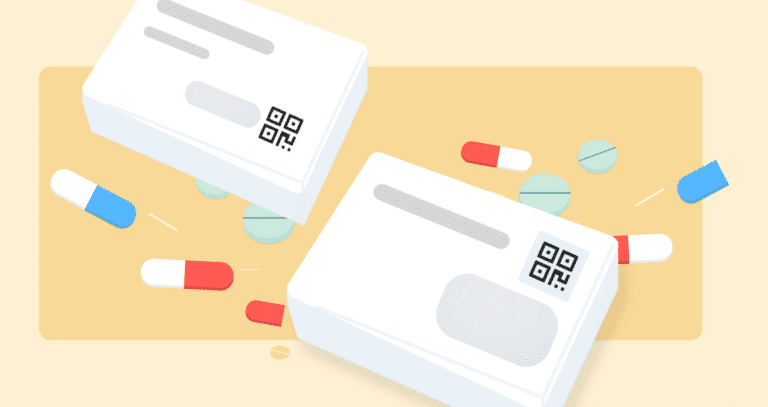The medical industry relies on technology to keep abreast of advancements. We’ve seen the likes of blockchain changing the way healthcare systems protect their records, while the Internet of Things enables healthcare practitioners to connect with patients more proactively with dynamic QR codes in hospitals..
Healthcare technology also includes cloud infrastructure, which is used for storing patient data that can be accessed remotely. New analytics technologies also provide data insights that allow hospitals to streamline administrative processes and improve the quality of care. These QR codes in hospitals and many other groundbreaking technologies are at the forefront of the digital health revolution that has greatly affected the healthcare industry today.
One standout piece of tech is the QR code, which has already been utilized in various industries for improved access and more efficient processes. It has even been used in tracing efforts to control the spread of the Coronavirus.
Here are the key ways that this useful piece of tech has impacted hospitals:
Patient identification
Typically, hospitals are arranged as siloed systems. This has resulted in there being no uniformity of patient data between and within healthcare centers. And without a standardized method of collecting and storing patient information, there are increased chances of false identification, improper diagnosis, and even death. In line with this, QR codes can help healthcare professionals identify patients more accurately and have ready access to their medical history.
However, it is crucial to ensure the security of QR code technology with all the sensitive information that it collects and harnesses. This can be done with support from accredited cybersecurity services and compliance with the General Data Protection Regulation. This reduces incidents of phishing or malware and helps businesses protect their information.

Patient health tracking
QR codes streamline the patient tracking process from admission to discharge. It can store information on the treatments they’ve received and any change in diagnoses throughout their stay in the hospital. This is already being used by nurses who are trained in emerging medical technology.
In fact, literature has shown that QR codes are positively received by nursing students in various parts of the world. A pharmacology course for nursing students in Taiwan that utilized QR codes resulted in better learning. Many modern nursing programs emphasize these technologies, especially considering how embedded treatments, procedures, and processes are in the medical field. In today’s nursing doctorate programs, core courses cover specialized advanced nursing and administrative leadership strategies, which include the implementation of new technology in hospitals. This allows nurses to use QR codes in tracking patients’ treatments and adhering to compliance measures. QR codes provide more accurate health monitoring throughout patients’ hospital stays.

Medical equipment information
The proper functioning and reliability of medical equipment are a priority for hospitals. QR codes ensure that information regarding each piece of equipment is accurately recorded and easily available to users and managers.
Healthcare professionals can simply access the equipment’s information through an app or a landing page and find pertinent information, including operating instructions, precautionary measures, and basic troubleshooting tips. This is also helpful for nurses who need to teach caregivers aftercare instructions for patients at home. Additionally, QR codes can also trigger alerts for replacement or repair. This way, equipment maintenance is always timely.
Marketing of QR codes in hospitals
QR codes are an excellent marketing tool for hospitals since they can disseminate information easily and promote healthcare facilities — all while spreading health awareness.
The content found in leaflets, brochures, and bills can be placed on digital platforms, accessible through QR codes. This can also help the hospital assert itself as an expert in the medical industry. For instance, hospitals can share useful information on COVID-19 and other diseases. They can also use QR codes to give patients and patrons easy mobile access to any call-to-action in their marketing campaigns. For instance, scanning the code may lead to online advertisements, newsletter and email subscriptions, or even medical journals.
QR codes are versatile and flexible in hospital settings. They can be used from asset tracking to speeding up waiting times. By leveraging this technology, healthcare facilities can stay ahead of the curve in delivering efficient and effective services to patients. To learn more about how the technology can help your health practice, explore how to reap the many benefits of QR codes with QRcodeKit.com.

